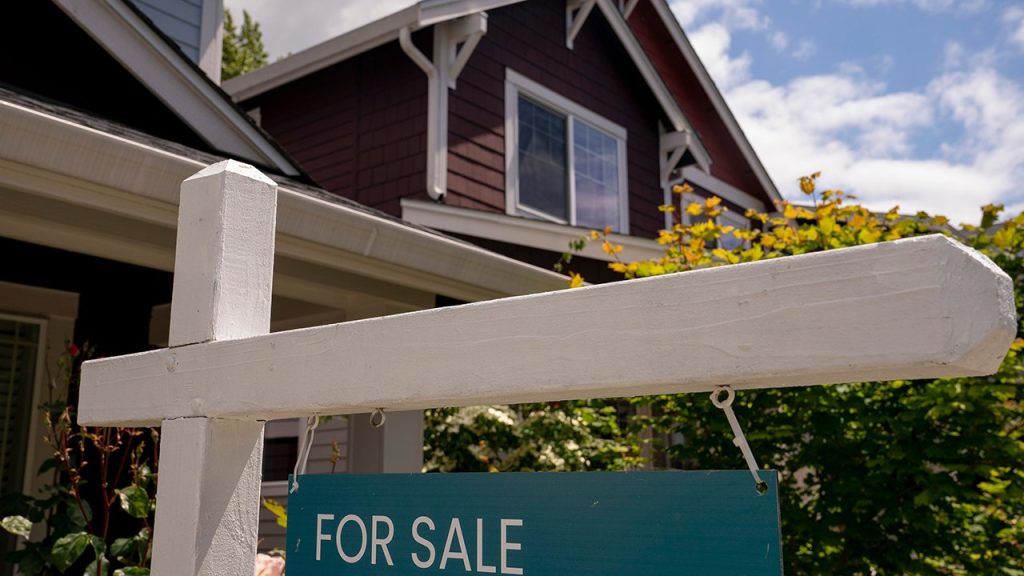California Democrats recently passed a progressive legislature, AB 1840, that would give illegal immigrants up to $150,000 in first-time homeownership assistance. The bill would require the California Housing Finance Authority’s home purchase assistance program, known as the California Dream for All Program, to include illegal immigrants’ applications. Despite concerns from Republicans that the legislation would exacerbate the border crisis, housing crisis, and high cost of living in the state, the bill cleared the state Senate with a 23-11 vote along party lines. Republican leader James Gallagher criticized the bill, stating that giving taxpayer-funded housing subsidies to illegal immigrants will drive costs higher and encourage more chaos at the border.
The California Dream for All program initially ran out of funds just 11 days after being instituted in June, with assistance being awarded to 1,700 first-time homebuyers at the time. The program provides first-time homebuyers with up to 20% of a home’s value or up to $150,000 in down payment assistance. Concerns about finding additional funding for the program were raised during floor debate in the state Senate. The bill is now headed back to the California state Assembly to review revisions made by the state Senate. Although California Governor Gavin Newsom has not indicated whether he will sign the bill into law if it clears the legislature before the Aug. 31 deadline, his press secretary stated that the governor will evaluate the legislation when it reaches his desk.
Despite criticism from Republicans and concerns about the program running out of funds just days after being implemented, the California Dream for All program aims to provide assistance to first-time homebuyers, including illegal immigrants. The bill’s passage by the state Senate with a 23-11 vote demonstrates the support for providing housing assistance to a broader range of individuals in the state. However, the inclusion of illegal immigrants in the program has sparked debate and opposition from Republicans who argue that it will worsen existing crises in California, such as the border crisis and high cost of living. The bill’s fate now rests on Governor Newsom’s decision on whether to sign it into law.
The controversial legislation has stirred up debates about immigration, housing affordability, and the role of government assistance in California. Supporters argue that providing housing assistance to illegal immigrants helps promote homeownership and stability within communities. Critics, on the other hand, argue that the bill sets a dangerous precedent by using taxpayer funds to aid individuals who are in violation of federal immigration laws. The bill’s passage through the state Senate and pending review by the California state Assembly highlights the divide in opinions on how the state should address housing issues, particularly for marginalized populations such as illegal immigrants. Governor Newsom’s decision on the bill will be closely watched as it could have significant implications for housing policies in California.
As the California Dream for All program faces potential approval and implementation, the state is grappling with existing housing challenges and a growing population of illegal immigrants. The bill’s provisions for providing up to $150,000 in down payment assistance to first-time homebuyers, including illegal immigrants, raise questions about equity, affordability, and the allocation of public resources. The bill’s passage through the state Senate, supported by Democrats, underscores the party’s commitment to expanding access to homeownership and housing assistance. However, concerns raised by Republicans highlight the need for a balanced approach to addressing housing issues that takes into account the broader socio-economic context in the state. Governor Newsom’s decision on the bill will shape the future of housing policies in California and impact the lives of residents, including illegal immigrants seeking to achieve homeownership.


